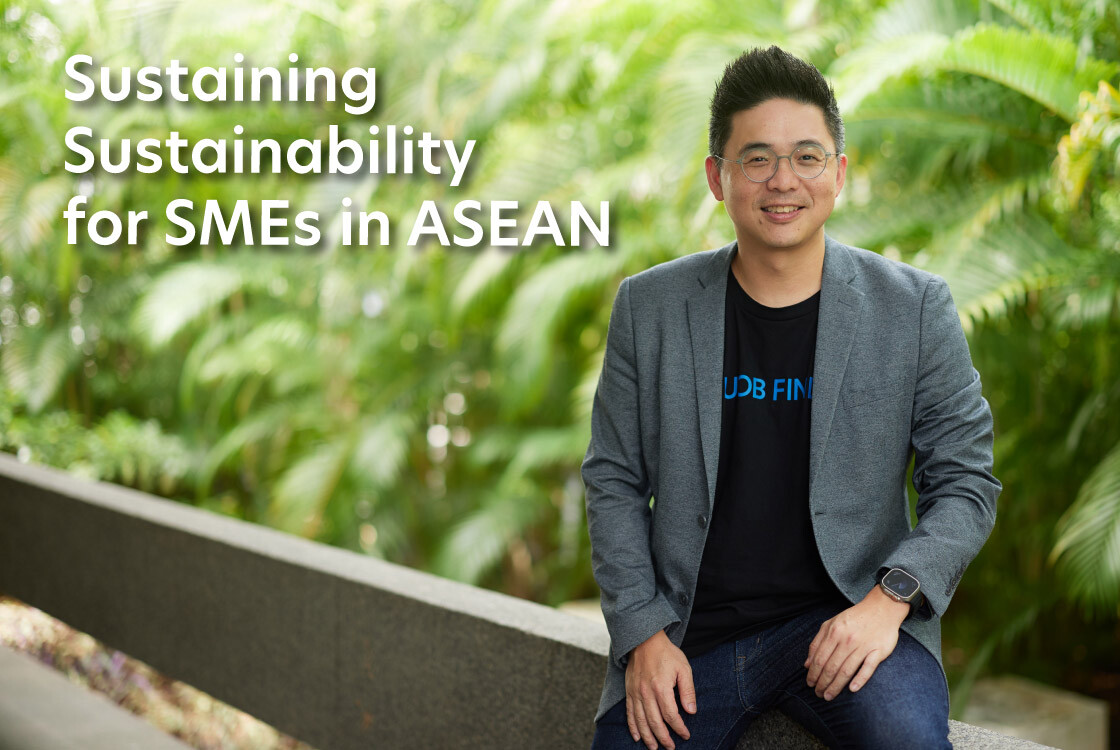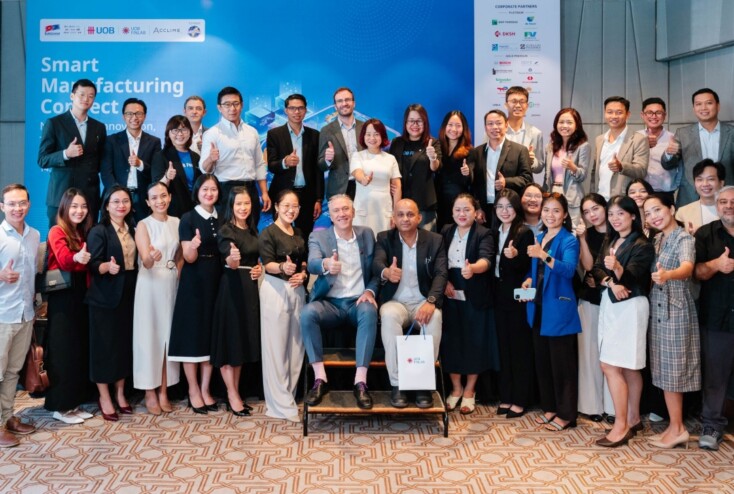
Smarter, Not Harder: How SMEs Can Harness AI for Automation and Growth
AI helps SMEs work faster and smarter by automating routine tasks and improving decisions. Its impact relies on clean data, clear workflows and starting small to build confidence. With structured, practical support, UOB FinLab helps SMEs adopt AI sustainably and stay competitive in a digital‑first economy.





